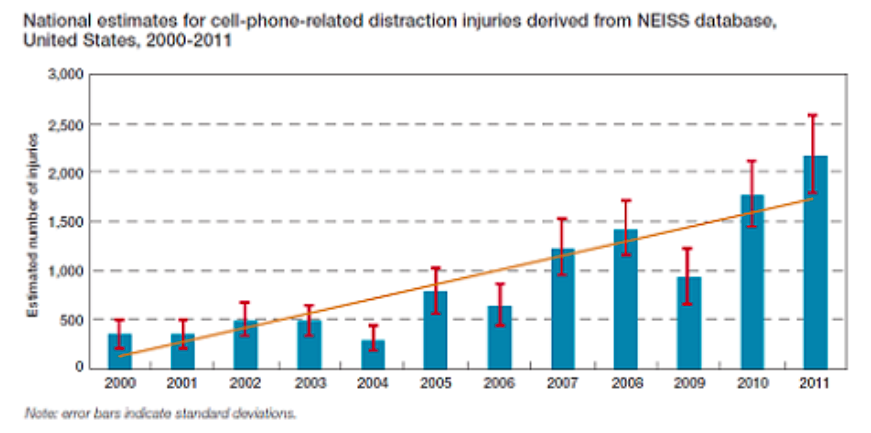If only people like Mr. Dewey would refrain from advocating for the province of whims through publications like his piece on the Opioid Crisis, perhaps the world would not be “collapsing to a lower and ever lower rung of hell.” In this piece, Dewey makes two futile and inherently irrational attempts. Firstly, he tries to define the opioid crisis as an emergency in need of government intervention. Secondly, he promotes a specific proposal as rational and reasonable.
In attempting to define the opioid epidemic as an emergency, Dewey praises President Trump for allegedly taking “a step in the right direction” by declaring the opioid epidemic a “90-day public health emergency.” There are three main qualifiers for emergencies, and this particular case does not satisfy any of them. Essentially, “an emergency is an unchosen, unexpected event, limited in time, that creates conditions under which human survival is impossible.” Drug use is a choice, at least at some point in time. Particularly, it is a choice that is categorized as being a whim, since it is irrational and pursues short-lived pleasure in exchange for a threat on one’s health and life. Additionally, it is not necessarily an unexpected event. As Dewey even says in the final paragraph of his article, this type of behavior and abuse can be foreseen in individuals. Prescription drugs tend to lead patients down this path, meaning that it is not an entirely unexpected outcome for many of its victims. Finally, although it is life-threatening, the opioid epidemic is not necessarily short-lived, as Dewey again acknowledges when he asserts that a more “permanent” solution is necessary.
Since the opioid epidemic cannot be considered an emergency, then it also cannot be considered moral for individuals to sacrifice their hard-earned money or any other effort to help a stranger. Emergencies are the only situations in which it is ethically acceptable to sacrifice or risk sacrifice, and it is also required that the individual be readily willing and able to make the sacrifice with minimal damage to themselves. Unfortunately, the interventions and programs that Charlie Baker has proposed simply violate these fundamental, rational principles. These programs would not simply be free; in fact, they would cost the employees and taxpayers a great sum of money compared to how much it might be able to add. While it would be nice in some ways, it almost certainly isn’t the case that all taxpayers would agree with their money going to fund this cause, which would mean that taxpayers are being forced to sacrifice, which is inherently immoral.
Additionally, Dewey makes it appear as if there are a variety of other drugs on the market that can help manage the pain caused by illnesses and other health issues. While this may be true, it is apparent that these drugs are the best that we have, for now, since these are the ones being used by doctors and their patients. If we assume that they are rational human beings, then it is implied that both doctor and patient have agreed upon the drug’s usage, due to it being some combination of less expensive and more effective than the other drugs on the market. Thus, if restrictions were to be placed on this drug, then people that find more value in it than other drugs would not be able to get it. Once again, the wellness of the collective is prioritized above the wellness of the individuals.
So, even though it may cause harm to more than just an involved individual to some degree, the opioid crisis is not technically an emergency. Since it is not a situation in which strangers can help strangers and still maintain their ethical integrity, the opioid crisis should not be considered a public issue. It is certainly concerning that individuals in our society would choose to follow their whims rather than rationality, even when it becomes a threat to their own life; however, we must handle this concern by modeling good morals ourselves, not by stooping to their level of whims and altruism.

 1
1